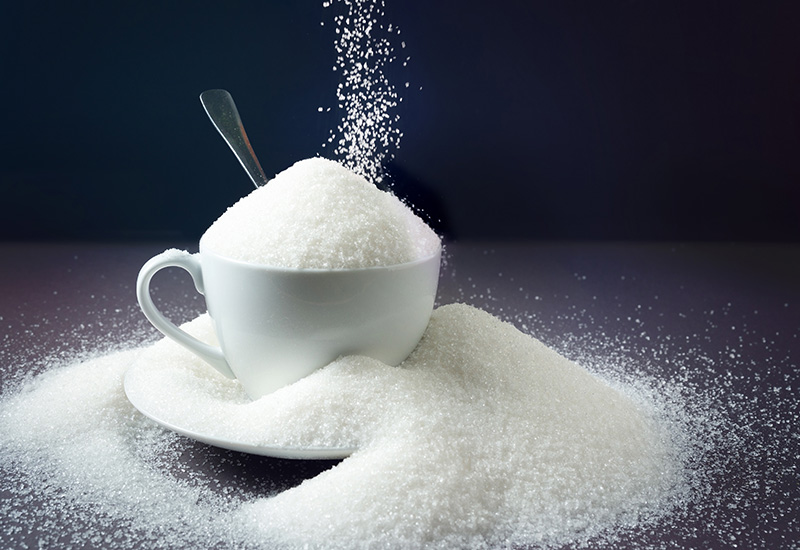Breaking your Sugar Addiction
WORDS Paula Rey
Have you ever felt that your sweet tooth might be something you need to address?
These are some signs that you might be addicted to sugar:
- You eat sugar when you’re not hungry
- You hide your sugar habit
- You try to quit and have unusual symptoms, like feeling tired or lethargy
- You use sugar to soothe yourself during a stressful moment
If that’s your case, let me tell you why giving up delicious chocolates and ice cream is so difficult. And it is not only because they taste amazing and remind us of our childhood—the reason goes far beyond our taste buds.
Back in the day, when sugar was introduced in Europe and the United States, it became apparent that it had a very appealing characteristic for the food industry. It had the capacity to enhance the taste of any food and everyone craved it. So it quickly became the staple ingredient of all industrial food.
We know now that most of the health issues and degenerative diseases we have today are due to toxicity and malnutrition. Sugar is responsible for the worst public health disaster of all time, killing 35 million people annually. In comparison, tobacco kills 5 million a year. In 2006, the World Health Organization proposed that sugar consumption should be limited to the equivalent of six teaspoons per day. Today, a regular adult consumes an average of 19 teaspoons of sugar daily, indirectly hidden in processed food.
It has been proven that sugar stimulates the same areas of the brain as illegal drugs, making us lose control over its consumption. It is critical to be mindful of our sugar intake, especially with our kids, as it could be building chronic diseases.
Luckily, we have enough information now to make the right decisions regarding our nutrition and make long-term changes to have a healthier and happy life.
Remember, we’re not striving for perfection, quitting or reducing sugar is not a diet. It’s enjoying food in its most natural form.
Paula Rey is a Holistic Health Coach, Hypnobirthing Childbirth Educator, and Feminine Embodiment Facilitator.

Here are some recommendations you can apply to your day-to-day:
- Include more whole foods, grains, vegetables, and fruits in your daily meals
- Replace artificial sweeteners and foods with added sugar. Use gentle sweeteners like maple syrup, dried fruit, stevia, and barley malt
- Drink water. Sometimes sweet cravings are a sign of dehydration
- Get active with simple activities like walking, swimming, or yoga
- Get good sleep. If you’re in a state of chronic stress or sleep deprivation, your body will crave the quickest form of energy available – sugar
- Slow down. Cravings almost always have a psychological component. By identifying the underlying causes of food cravings and making lifestyle adjustments, you can find balance and take charge of your health
I hope these tips will help you reduce your sugar intake. It will hopefully reduce cravings and bring awareness to what your body needs (and what doesn’t!)
Facebook/Instagram @delaselva.holistic













